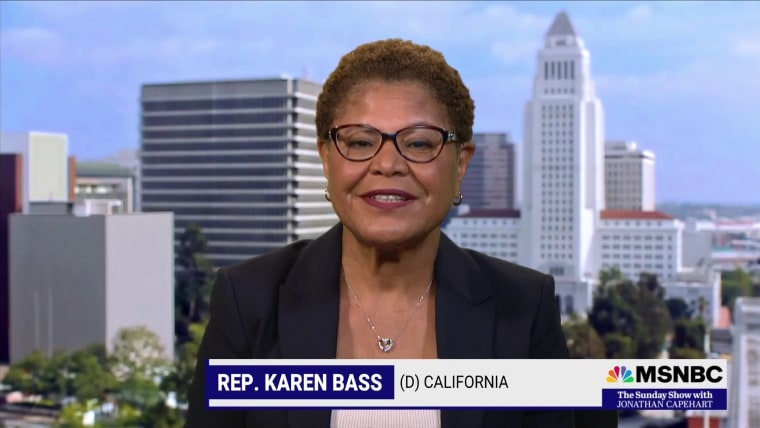In Houston, a police officer with 35 substantiated misconduct complaints was the lead witness in a driving-while-intoxicated case that led to a 25-year sentence. That defendant was later exonerated.
In Baltimore, the State’s Attorney’s Office asked that nearly 800 convictions be vacated because they relied on testimony from or investigations by officers with misconduct charges against them.
These aren’t rare instances. Combine that with increased national attention on the many victims of police violence, and it’s no wonder trust in the police is at a record low.
We know from firsthand experience that the vast majority of police officers work hard and serve their communities honorably. But we are also aware that officers with histories of misconduct are often allowed to stay on the force — and continue to participate in arrests. Without a process to track police misconduct, prosecutors often don’t know when they are relying on testimony from compromised officers, undermining their trials and the trustworthiness of their cases.
Prosecutors need to be better informed about which police officers have engaged in misconduct to prevent those officers from being involved in their cases. That’s the only way to keep them from tainting the pursuit of justice in prosecutions while, just as important, sending a message to police departments that they will suffer consequences if problematic officers are allowed to stay on the job. This can be an important tool in accountability when other avenues of discipline can’t or won’t be pursued.
As part of the George Floyd Justice in Policing Act, federal lawmakers proposed creating a national registry of police misconduct. But bipartisan talks on the measure stalled out recently. We urge lawmakers to continue pushing for a registry, but prosecutors across the U.S. don’t have to wait for a federal database. They can act now.
Prosecutors are in a unique position to monitor and investigate dishonesty, bias and other damaging behavior by police officers. Equally important, prosecutors have a legal and ethical obligation to inform defense attorneys when any prosecution witness — including a police witness — has credibility issues. This includes incidents that might not be captured in the national registry proposed by the George Floyd Justice in Policing Act, such as when a judge has previously ruled that an officer isn’t credible.
Unfortunately, most prosecutors don’t track police misconduct in an organized, systematic way. Instead, line prosecutors primarily share information with one another about police officers by word of mouth and anecdotally, if they share it at all. This approach risks having prosecutors pursue cases involving officers with credibility problems without being aware of the officers’ histories — let alone disclosing that information to the defense.
One way prosecutors can effectively fulfill their ethical obligations and hold officers accountable is by keeping officewide databases of police officers whose credibility has been questioned. A small but growing number of prosecutors are creating police disclosure lists (which have also been called “Brady lists,” “Giglio lists” or “do-not-call lists”) that help prosecutors demonstrate to their communities that they are independent of the police and are taking steps to ensure the integrity of their cases by disclosing problematic behavior to the defense.
To help prosecutors develop their own police disclosure lists, the Institute for Innovation in Prosecution at John Jay College of Criminal Justice in New York recently published its Tracking Police Misconduct Action Guide. The guide details 11 recommendations to create and maintain police disclosure lists that are fair to defendants and protect the due process rights of police.
For example, prosecutors working on criminal cases don’t have to accept the participation of police who’ve engaged in misconduct simply because police departments are unwilling or unable to remove them from the force. Instead, prosecutors should use their police disclosure lists to identify highly problematic officers and prohibit them from testifying. Prosecutors can even decline to prosecute cases involving officers with histories of severe wrongdoing altogether. These simple acts send a message to the police and the community that official misconduct has serious consequences.
Prosecutors should also have access to the police disclosure lists in neighboring jurisdictions. Police officers might transfer within states to other departments when misconduct issues arise. Prosecutors should agree to share their lists with other prosecutors in their states — and beyond — to prevent police officers who move to nearby jurisdictions from evading accountability.
The deep mistrust between the public and law enforcement must be repaired. Elected prosecutors can be at the forefront of this movement by systematically informing the accused when their cases involve officers with histories of misconduct and by demonstrating to their constituents that they will find ways to hold the police accountable.
Source: | This article originally belongs to Nbcnews.com











